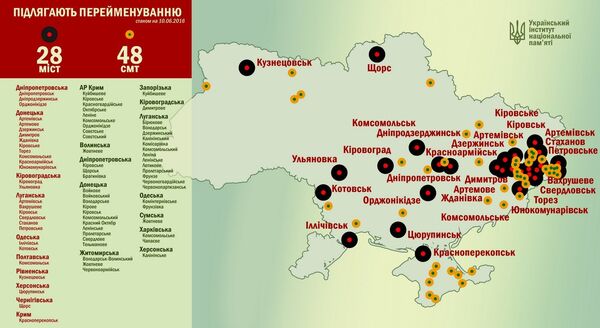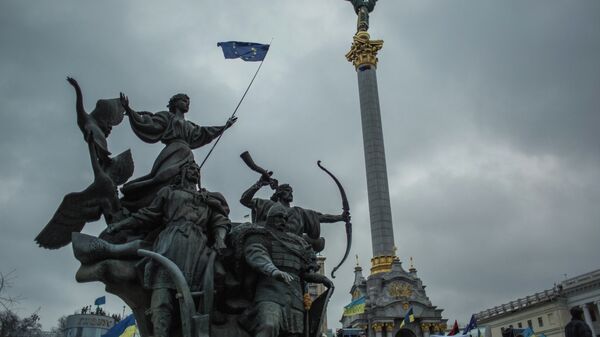MOSCOW (Sputnik) — Relations between Russia and Ukraine deteriorated after pro-EU forces, including radical nationalists, ousted then-Ukrainian President Viktor Yanukovych from power in 2014 after he did not sign an association agreement with the European Union.
"I think the European Union has pushed [the sides] to the war in Ukraine and it had been possible to find a political solution."
According to the lawmaker, there have always been two paradigms in Ukraine — pro-Russian and pro-Western — and both have the right to coexist and have their own political and cultural environment.
"The will of certain politicians to promote Ukraine's joining NATO, the willingness to organize the European army… served as elements that have created an explosive situation."
President of the European Commission Jean-Claude Juncker in March proposed the formation of a common EU army, which, he suggested, would demonstrate to Russia that "we are serious about defending our European values."
Ferrand considers adequate the reaction of Russia, including Crimea’s reunification with the country following a referendum.
"I think it is normal that Russia has access to the Black Sea, and Crimea historically is Russian."
Crimea, refusing to recognize the outcome of what many considered a coup, proclaimed independence from Ukraine. In March 2014, 96 percent of Crimean residents voted to rejoin Russia in a referendum.
In April 2014, Kiev authorities launched a military operation against independence supporters in the east of the country, who also refuse to recognize the new Ukrainian government.


